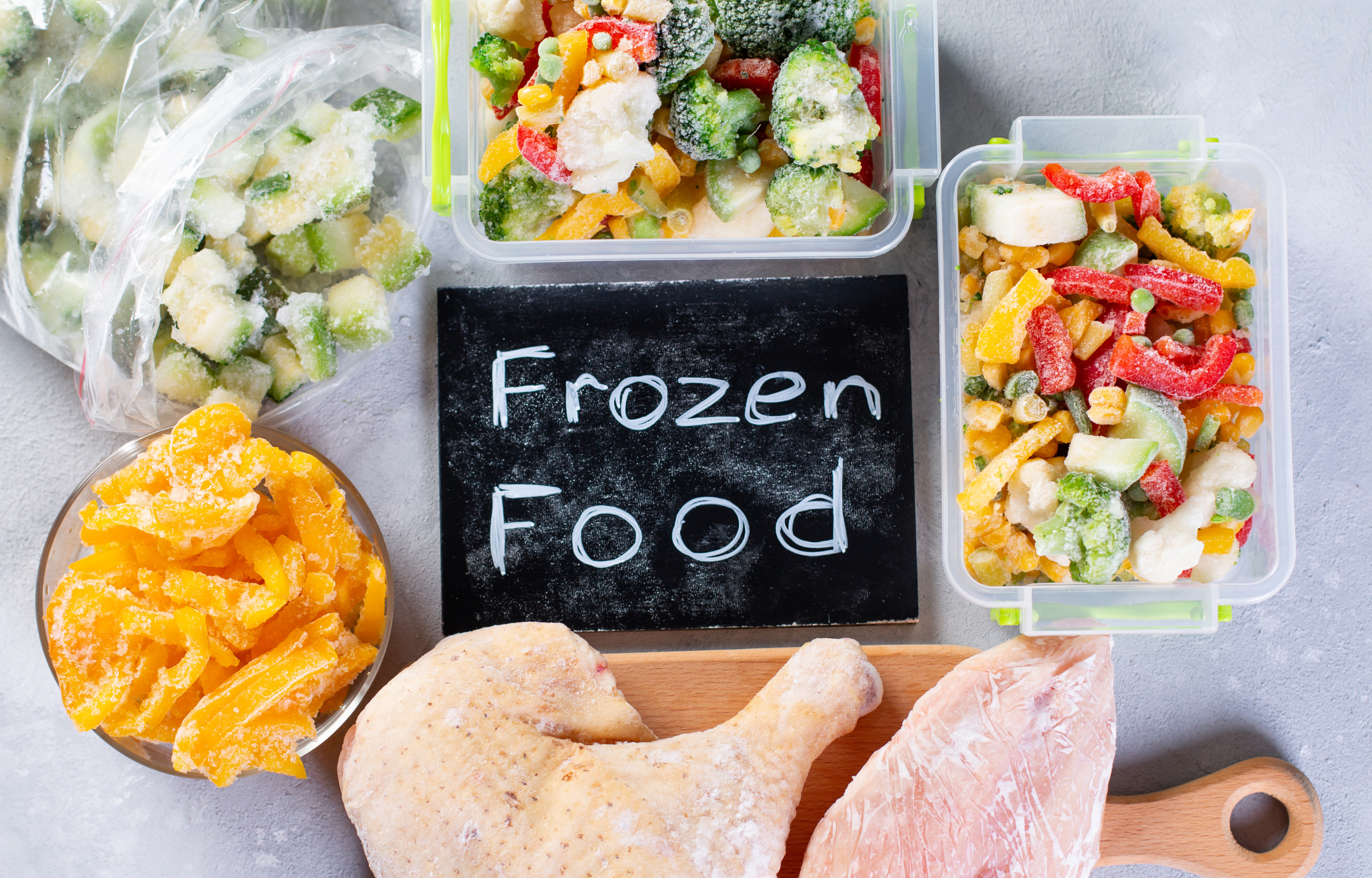
The Truth About Frozen Foods: Nutrition, Convenience, and Sustainability
Introduction:
In today's fast-paced world, convenience is king. And when it comes to food, frozen options have become a staple in many households. From pre-cut vegetables to ready-to-eat meals, the frozen food aisle offers a tempting array of choices. But are frozen foods really as healthy and convenient as they seem? In this post, we'll delve into the pros and cons of frozen items, helping you make informed decisions about your grocery shopping and meal planning.
Pros of Frozen Foods:
- Convenience is Key: This is arguably the biggest pro. Frozen foods offer unparalleled convenience. Imagine coming home after a long day and quickly whipping up a nutritious meal without spending hours in the kitchen. Frozen vegetables, fruits, and meals can be a lifesaver on busy weeknights.
- Nutrient Retention: Contrary to popular belief, many frozen fruits and vegetables are actually flash-frozen at their peak ripeness, locking in essential vitamins and minerals. This means you're often getting a more nutrient-dense product compared to produce that has been transported long distances and stored for extended periods.
- Reduced Food Waste: Frozen foods have a significantly longer shelf life than fresh produce. This helps to minimize food waste, which is a major environmental and economic concern.
- Affordability: Frozen foods can be a more budget-friendly option compared to fresh produce, especially during off-seasons.
- Variety: The frozen food aisle offers a wide variety of options, from familiar favorites to exotic and international cuisines. This allows you to explore new flavors and cuisines without breaking the bank.
Cons of Frozen Foods:
- Sodium Content: Many frozen meals and prepared foods are high in sodium, which can contribute to high blood pressure and other health problems.
- Added Sugars and Unhealthy Fats: Some frozen meals and snacks are loaded with added sugars, unhealthy fats, and artificial ingredients.
- Loss of Flavor and Texture: While flash-freezing helps to preserve nutrients, it can sometimes affect the flavor and texture of the food.
- Environmental Impact: Although frozen foods reduce food waste, the packaging and transportation of frozen foods can have an environmental impact.
- Potential for Freezer Burn: Freezer burn can affect the flavor and texture of frozen foods, making them less appealing.
Tips for Choosing Healthy Frozen Foods:
- Read Labels Carefully: Always check the nutrition label for sodium, sugar, and fat content. Look for options with low sodium, no added sugars, and minimal processed ingredients.
- Choose Whole Foods: Opt for frozen fruits, vegetables, and whole grains instead of processed meals.
- Look for "No Added Sugars" Options: Many frozen fruits are available in unsweetened varieties.
- Embrace Simple Preparations: Keep it simple by steaming or stir-frying frozen vegetables.
- Support Sustainable Packaging: Choose products with minimal packaging and look for options with recyclable or compostable materials.
Frozen Foods: A Balanced Approach
Frozen foods can be a valuable asset in any kitchen. By making informed choices and incorporating them into a balanced diet, you can enjoy the convenience and nutritional benefits of frozen options.
Call to Action:
Now that you know the pros and cons of frozen foods, it's time to make informed decisions about your grocery shopping. Explore the frozen food aisle with a discerning eye, read labels carefully, and prioritize whole, unprocessed options. Remember, frozen foods can be a healthy and convenient addition to your diet when consumed in moderation.
